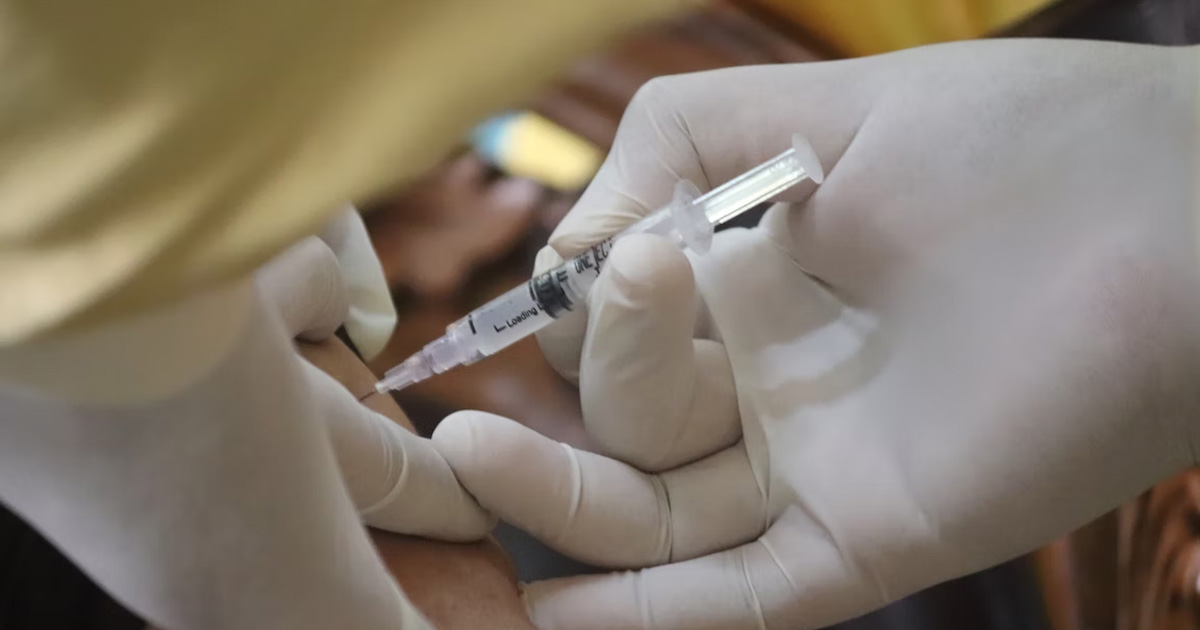Search

Contact us If you'd like to get in touch, please contact us by phone or email. Phone: 0400 450 240 Email: rhyme@telethonkids.org.au Background The
Allergies have been on the rise in Australia over the past 20 years, with three out of every 10 babies born each year now developing a food-related
The year 2020 has been marked by possibly the greatest health challenge to face modern society. The emergence of COVID-19 as a novel human pathogen
Coming up in 2021 Contact us We have a a study to suit every age range in 2021! From babies at just six weeks for the FluBub Study, through to
Contact us If you'd like to get in touch, please contact us by phone or email. Phone: 0400 450 240 Email: vtg@thekids.org.au Pneumococcal disease is
Contact us If you'd like to get in touch, please contact us by phone or email. Phone: 0400 450 240 Email: vtg@thekids.org.au The Vaccine Trials Group
CHIP Study Update
CMVictory: finding a vaccine for cytomegalovirus, a serious virus for unborn babies
Update on pneumococcal and meningococcal vaccine research

Noeletta McKenzie is a Champion for Change, RHDAustralia, and community representative and advocate for the START study.
